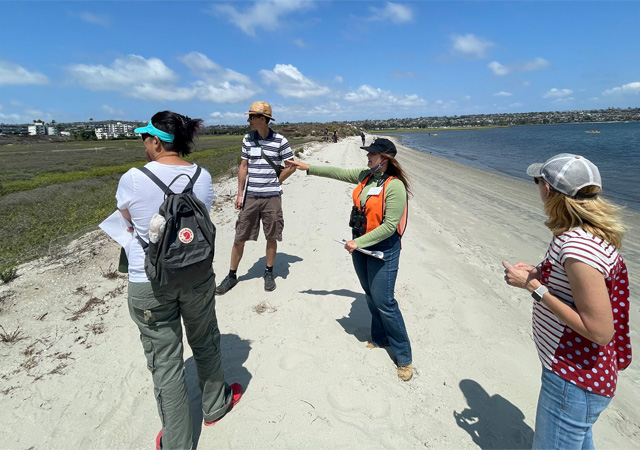Congressman Scott Peters to Speak at 2015 Climate and Energy Law Symposium
San Diego (May 6, 2015) - Congressman Scott Peters will speak at the 2015 Climate and Energy Law Symposium, which will take place on Friday, November 6, 2015 at the University of San Diego. This year's event, entitled “California to Paris: Linking Climate and Energy Policy at the State, National, and International Levels” will examine the proposed U.S. Environmental Protection Agency’s Clean Power Plan (CPP), state responses to the proposed regulation, and whether the CPP could serve as a framework for an agreement on climate at the international level.
At the University of San Diego’s Seventh Annual Climate & Energy Law Symposium, academic and policy experts will analyze and assess three aspects of this complex issue.
- U.S. EPA’s Clean Power Plan and State Responses – The proposed Clean Power Plan regulations would provide a framework for states to develop greenhouse gas reduction policies in the form of a State Implementation Plan, at least for the electricity sector. Several legal questions have arisen in response, including dormant commerce clause considerations, the relationship between a federal plan implemented between the EPA and state regulation of electricity to regulate, and the limits of executive action.
- U.S. EPA’s Clean Power Plan as a Framework for International Action – Can the Clean Power Plan and other climate related executive actions serve as an example of the type of linkages that could be attractive for a protocol or other legal instrument at COP 21 in Paris, France in December 2015? Could a similar framework be a mechanism for bilateral or multilateral agreements between countries? Is it possible for the Obama Administration to pursue an Executive Agreement that would not need Senate ratification?
- Subnational Participation in International Climate Agreements – Several U.S. states already have comprehensive policies to reduce emissions. What is the role of states or provinces in international agreements? What meaningful bilateral agreements could states enter into? Are protocols in place to permit and facilitate subnational participation in international climate discussions?
Contact:
Scott Anders
scottanders@sandiego.edu
(619) 260-4589



